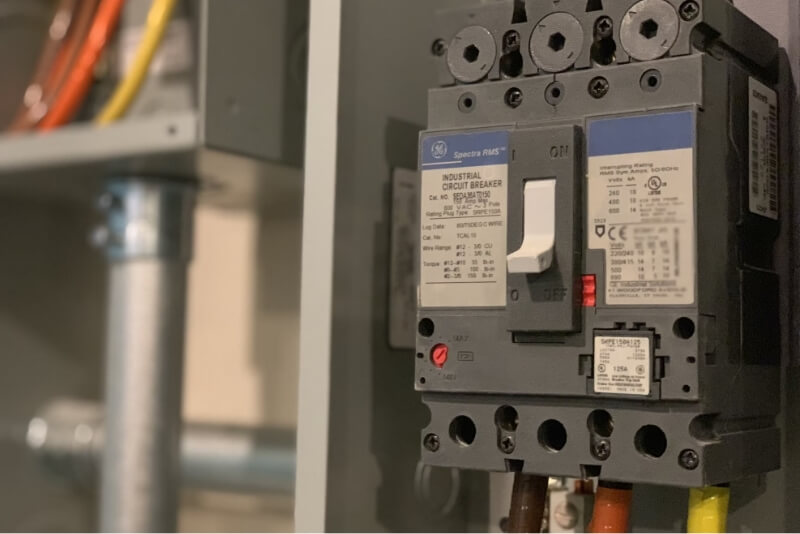
As a new homeowner, you may have many responsibilities and tasks to take care of, and ensuring the safety of your electrical system should be one of them. Electrical safety is crucial to prevent electrical shocks, fires, and other hazards that can harm you and your family. Here are some essential electrical safety tips for new homeowners to keep in mind.
- Schedule an Electrical Inspection
Before moving into your new home, it's essential to schedule an electrical inspection with a licensed electrician. An electrical inspection can identify any potential safety hazards, outdated wiring, or electrical code violations that need to be addressed. It's better to identify and fix any issues before they become a safety hazard. - Check Electrical Outlets and Switches
Inspect all the electrical outlets and switches in your home to ensure they are in good condition and working correctly. Replace any broken or damaged outlets or switches immediately. Also, ensure that all the outlets have cover plates and that they are not overloaded with too many devices plugged in at once. - Use Electrical Appliances Safely
Make sure that you use your electrical appliances safely by following the manufacturer's instructions and guidelines. Don't overload your electrical outlets with too many appliances, and never use damaged or frayed electrical cords. Always unplug appliances when not in use, and keep them away from water sources. - Install GFCI Outlets in Wet Areas
Ground Fault Circuit Interrupter (GFCI) outlets are designed to protect against electrical shocks in wet areas such as the kitchen, bathroom, or laundry room. Ensure that all the outlets in these areas are GFCI outlets, and test them regularly to ensure they are working correctly. - Replace Outdated Wiring
Outdated wiring can be a significant safety hazard in your home. If your home has aluminum wiring or knob-and-tube wiring, consider replacing it with modern copper wiring. It's also essential to replace any damaged or deteriorating wiring in your home. - Install Smoke Detectors and Carbon Monoxide Detectors
Smoke detectors and carbon monoxide detectors are crucial safety devices that can save lives in case of an emergency. Install smoke detectors in every room of your home and test them regularly. Also, install carbon monoxide detectors near bedrooms and any fuel-burning appliances. - Keep Electrical Devices Away from Water
Water and electricity don't mix, so ensure that all your electrical devices and appliances are kept away from water sources. Don't use electrical devices near sinks, bathtubs, or other water sources.
Electrical safety is essential for every homeowner, especially new homeowners. By following these essential electrical safety tips, you can ensure that your electrical system is safe and functioning correctly. Don't hesitate to seek professional help if you have any concerns or issues with your electrical system. With a little effort and attention, you can keep your home and family safe from electrical hazards.

